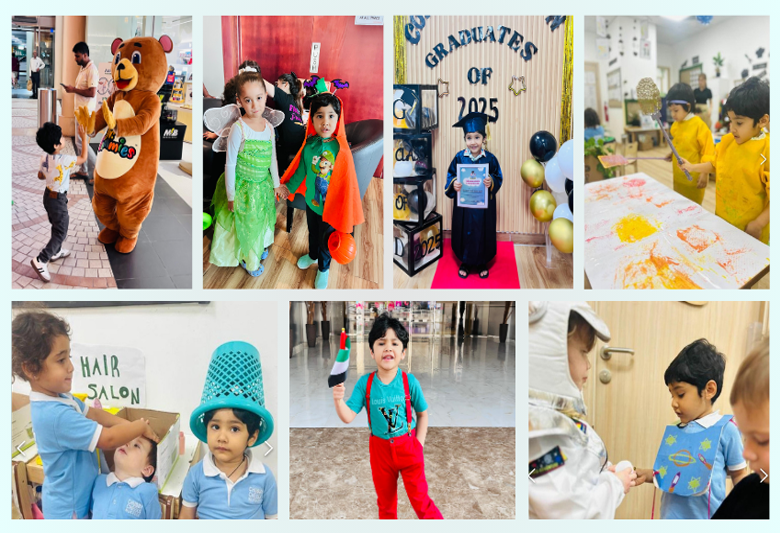
AI in Recruitment: How MENA Companies Are Using Artificial Intelligence for Smarter Hiring
Recruitment is one of the most critical — and often most time-consuming — aspects of HR. In recent years, Artificial Intelligence (AI) has begun to reshape how organizations attract, assess, and hire talent. Across the Middle East and North Africa (MENA), companies are rapidly adopting AI-powered recruitment tools to streamline processes, enhance candidate experiences, and make smarter hiring decisions.
This shift marks a move from traditional, manual recruitment to a data-driven, intelligent, and highly personalized hiring ecosystem.
The Changing Face of Recruitment in MENA
The MENA job market is evolving at an unprecedented pace. With the rise of digital transformation, remote work, and global talent mobility, organizations must respond quickly to changing workforce needs.
Recruiters are dealing with large volumes of applications, skill mismatches, and a constant demand for niche roles in technology, engineering, and digital services.
To stay competitive, many leading companies in the UAE, Saudi Arabia, Qatar, and Egypt are turning to AI-driven recruitment platforms that enhance speed, accuracy, and fairness in hiring.
How AI Is Revolutionizing the Hiring Process
AI is not replacing recruiters — it’s amplifying their capabilities. Here’s how:
-
Automated Candidate Screening : AI systems can instantly screen thousands of CVs, filtering candidates based on skills, experience, and relevance. This reduces manual work and ensures no qualified applicant is overlooked.
-
Smart Matching Algorithms : Using machine learning, AI tools match candidates with job roles that align not only with their technical skills but also with cultural fit and career aspirations.
-
AI Chatbots for Engagement : Chatbots handle initial candidate interactions — answering questions, scheduling interviews, and collecting key details — improving responsiveness and candidate experience.
-
Predictive Analytics : AI can predict hiring success by analyzing past recruitment data and employee performance trends, helping companies make more informed decisions.
-
Bias Reduction: : Properly designed AI tools can help minimize unconscious bias in shortlisting, leading to more diverse and inclusive workplaces — a growing focus for MENA employers.
MENA Companies Leading the AI Recruitment Revolution
A growing number of regional organizations and startups are implementing AI-based HR technology.
-
Government entities in the UAE and KSA are integrating AI to support national employment initiatives.
-
Large enterprises are using AI-driven Applicant Tracking Systems (ATS) such as Oracle HCM Cloud, SAP SuccessFactors, and Workday for intelligent talent acquisition.
-
Startups like Oliv, Bloovo, and Bayt.com have launched AI features to help employers match talent faster and improve job recommendations.
These solutions align with national visions such as UAE Vision 2031 and Saudi Vision 2030, both of which prioritize digital innovation and workforce development.
Benefits for Employers and Candidates
AI-driven recruitment brings measurable benefits for both sides:
-
Reduced time-to-hire and cost-per-hire
-
Improved quality of hire through data-backed assessments
-
Enhanced diversity through bias-free filtering
-
Real-time recruitment analytics for strategic decision-making
For Employers:
-
Faster, more transparent application processes
-
Personalized job recommendations
-
Enhanced communication and engagement
For Candidates:
This technological evolution helps HR teams focus on what truly matters — building meaningful human connections and nurturing long-term talent.
Challenges and Ethical Considerations
Despite the benefits, AI in recruitment is not without challenges:
-
Data privacy and compliance remain major concerns under global and regional data protection laws.
-
Algorithmic bias can still occur if the underlying data is skewed.
-
Human oversight is critical to ensure fairness, empathy, and ethical decision-making.
Companies must implement responsible AI practices, ensuring transparency, inclusivity, and accountability at every stage.
The Future of AI in MENA Recruitment
As the MENA region continues its digital acceleration, AI will play an even greater role in shaping the future of work.
-
Voice-based and conversational AI for real-time candidate interaction
-
AI-powered skill assessments that test soft skills and emotional intelligence
-
Predictive workforce planning using advanced data analytics
We can expect:
The integration of AI with HR strategy will transform how organizations attract, manage, and retain top talent — making recruitment smarter, faster, and more human-centered than ever.
Conclusion
AI is no longer a futuristic concept — it’s the present reality of recruitment in MENA. Organizations that adopt AI-driven hiring practices today are building agile, data-informed, and inclusive talent ecosystems for tomorrow.
The goal is not to replace recruiters with algorithms, but to empower them — enabling HR teams to make decisions that are both technologically advanced and deeply human.




